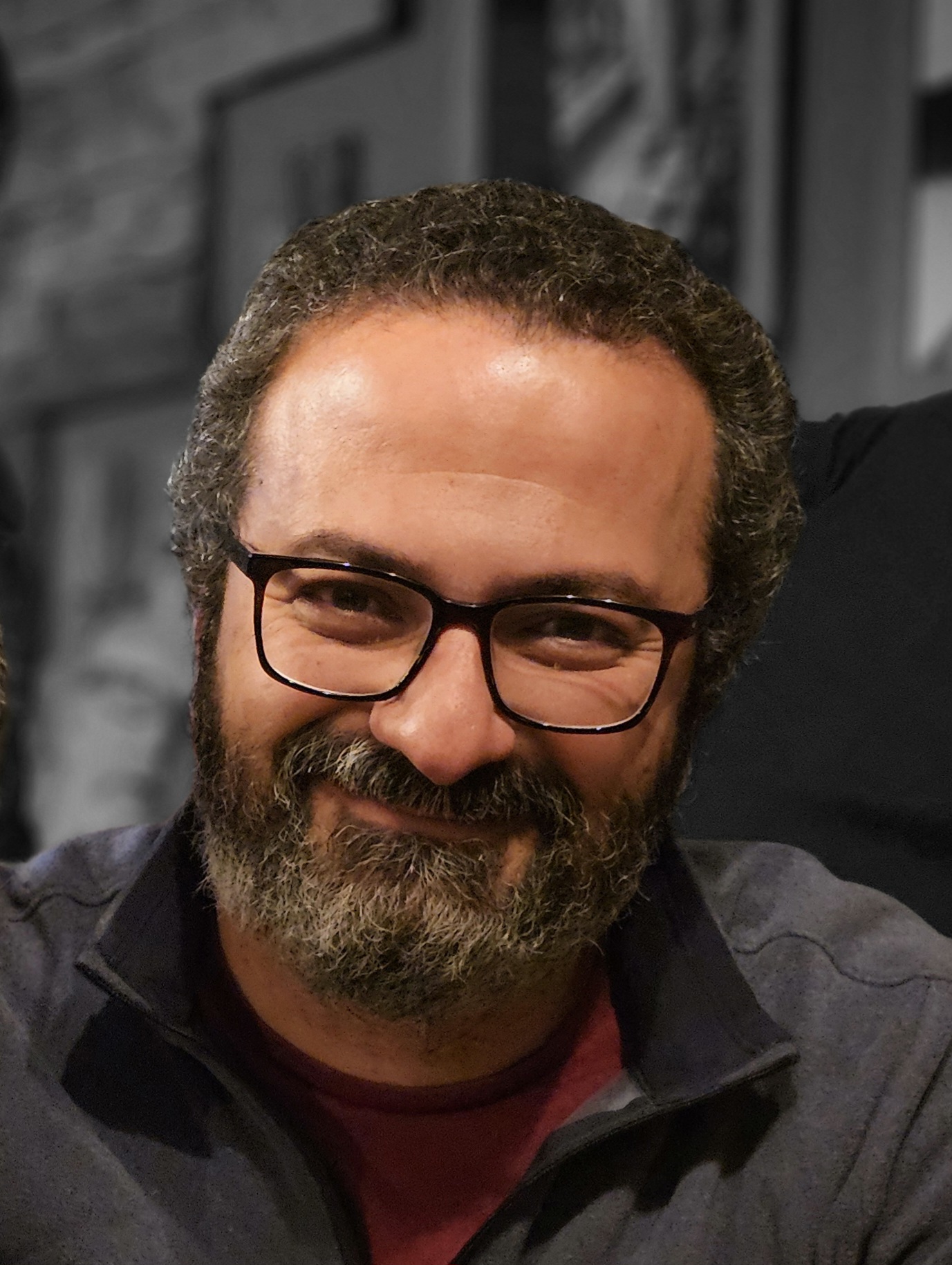Meet Reza Yousefi Nooraie, PhD, MD
Meet Reza Yousefi Nooraie, PhD, MD

Health equity research is difficult. It requires confronting systemic barriers that are embedded in social, economic, and cultural norms. For Reza Yousefi Nooraie, PhD, a University of Rochester researcher on a mission to create a more equitable health care system for all, the benefits far outweigh the costs.
“When researchers don’t prioritize equity, they end up working with narrower segments of the population — typically individuals with more resources and a higher socio-economic status,” said Nooraie. “Often times this happens because applying an equity lens to health care is painstaking work. But equity is an inseparable part of meaningful implementation. It should be factored into everything we do as decision makers, researchers, and providers of care.”
Equity-Focused Implementation of Innovations
Nooraie earned his MD in Iran, where he focused on evidence-based medicine (EBM), a systematic approach to health care that integrates clinical expertise, patient values, and the best available research evidence to make informed decisions about patient care. “We have high quality research but this evidence is not fully being used to treat marginalized populations who face the toughest systemic barriers and challenges. The field of implementation science is about understanding these barriers and designing interventions to address them.” An important aspect of his work is helping researchers incorporate an equity-focused lens to implementation research and practice.
His work recognizes that health care systems are often designed to serve the "average" patient, which means many minority groups slip through the cracks. Health care systems tend to overlook the complex social factors that influence health outcomes such as housing instability, food insecurity, and lack of access to the internet. These social drivers of health are at the heart of health disparities but can go relatively unnoticed in health care research.
For example, many doctors use apps and web services to handle communication, billing, and important medical records. These tools drive efficiencies for providers and patients but they don’t work for everyone. “There are lots of powerful digital interventions but people who don't have reliable access to internet, people who don't have the digital literacy to go online and create a MyChart account, may not benefit from these interventions because they don’t know how to use the technology. So, we're learning more about putting health equity at the center of our implementation efforts.”
Social Networks: How Personal Relationships Impact Health Outcomes
Nooraie is also focused on understanding the role social networks play in health outcomes. Too often, the health care system treats patients in isolation as individual units. This approach ignores the fact that a person’s health is influenced by their social network of family, community, and support systems.
He is studying how cancer patients use their social networks to make health-related decisions. These networks can serve as vital sources of emotional, informational, and logistical support. “Social support can play a key role in treatment decisions, mental health, and the overall well-being of patients,” he explained.
Nooraie and a team of investigators are working on an intervention called SONATA (Social Networks to Activate Teamwork and Alliance), which helps patients with cancer optimize their social networks to receive the support they need, whether it’s from family, friends, or community organizations.
Engaging Communities in Research
 Nooraie, far left, with a group from Community-Based Participatory Research Day, December 2024Nooraie is confident that meaningful change in health care systems can occur through greater engagement with the communities being served, but he emphasizes the importance of building trust through cooperation.
Nooraie, far left, with a group from Community-Based Participatory Research Day, December 2024Nooraie is confident that meaningful change in health care systems can occur through greater engagement with the communities being served, but he emphasizes the importance of building trust through cooperation.
“One thing we’ve learned is to acknowledge the power dynamics at play between researchers and patients,” said Nooraie. “When a patient sits down with a researcher, the researcher is an expert. The patient may feel intimidated depending on their lived experience. This power inequality may affect the quality of engagement between the patient and researcher. We want to make these interactions more horizontal, more equitable, so patients feel more comfortable with researchers. This will lead to more equitable and meaningful research questions and design.”
By focusing on smaller, more collaborative meetings such as small group or one-on-one discussions, researchers can foster stronger relationships with participants.
“The intervention that we call PAIRS (Patient-Researcher Alliance for Inspiring Research Solutions) creates an opportunity where researchers and patients work together to design the engagement plan for the study to make the experience more meaningful for the patient,” added Nooraie. “It's like a workshop that establishes patients as partners with equal value.”
He is in the process of establishing the ACT (Activate, Connect, Transform) center to serve as an intellectual hub for social and collaborative interventions for implementation and action. His goal is to continue developing innovative, equitable solutions that account for the broader social context of patients’ lives. By engaging community organizations in the research process and designing consultation techniques that can be replicated across different settings, he hopes to create lasting change. In the end, the most sustainable innovations will be those that are rooted in the specific needs and challenges of the communities they aim to serve.
“If we bring the community to the table to express their priorities, co-create innovative solutions that are relevant to them, and provide them with the resources they need to address their challenges — rather than assuming communities are vulnerable, unchangeable, and can’t help themselves — we will create an infrastructure for the community to mobilize resources, engage in action, and play an active role in addressing their own needs.”